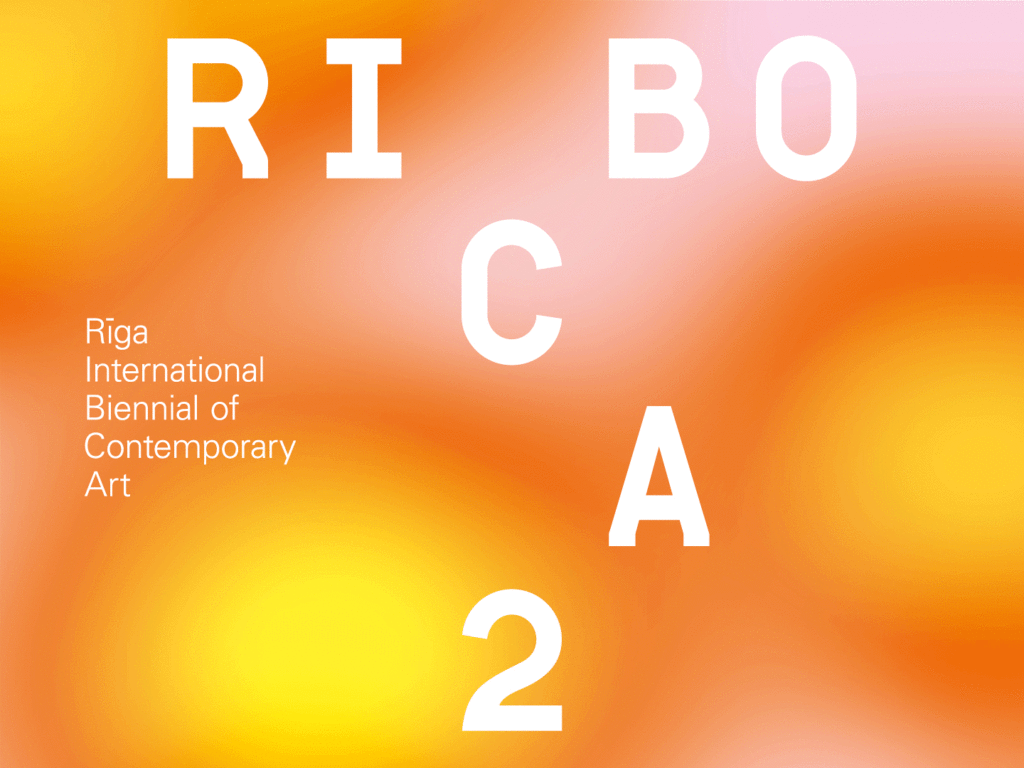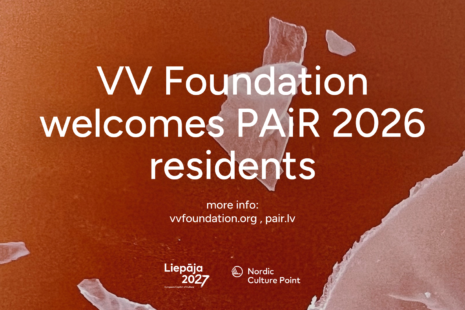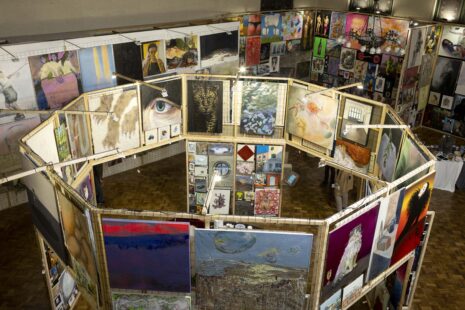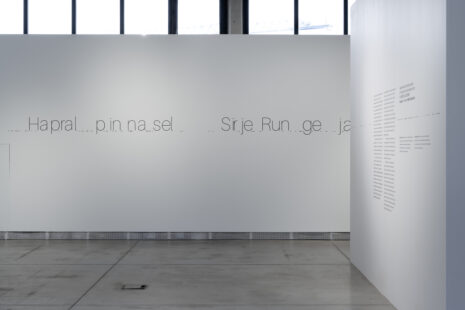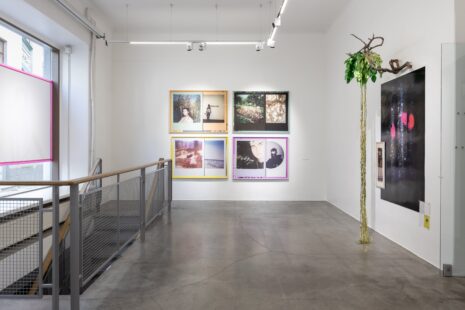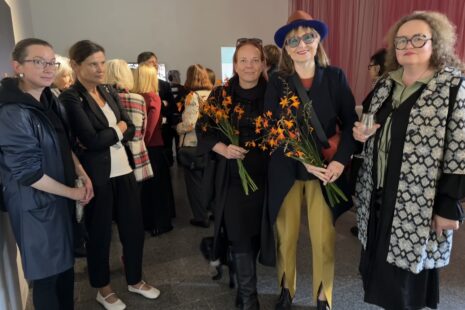The online public programme developed for RIBOCA2 reconsiders human life and presence on Earth by listening out for voices, gestures, and rhythms that challenge dominant assumptions and open up perspectives. Engaging with our present at the threshold of past and nascent worlds, the programme encourages multiple ways of imagining, knowing, and expressing. R
iga, Latvia and the Baltics are a central inspiration, where, having undergone occupations, wars and economical flux, “worlds have ended” many times. Reflecting on our entanglement with one another, history, and other species, the programme explores how words make worlds and proposes perspectives for assembling possible futures.
Unfolding across the duration of the Biennial, the weekly programme expands on a glossary of words that inspired RIBOCA2: Endings, Nature, Love, Ruins, Healing, Magic, Cosmos, Underground, Care, Dreams, Dance, Imagination, Human, Wildness, Ghosts, Language, Metamorphosis, Voices, Fictions and Futures. Each keyword works as a prompt for the week’s events and as a tool for building alternative social and ecological imaginaries that acknowledge diverse ways of being, thinking and doing.
The series brings together outstanding thinkers, researchers, and writers from various fields. They include physicist and queer theorist Karen Barad, anthropologists Marisol de la Cadena, Tim Ingold and Anna Tsing, philosophers Federico Campagna and Emanuele Coccia, poet CAConrad, sociologist Boaventura de Sousa Santos, philosopher Vinciane Despret, sociologist and writer Avery F. Gordon, art historian Boris Groys, queer theorist Jack Halberstam, researcher Marina Simakova, artists Anton Vidokle and Arseny Zhilyaev from the Institute of the Cosmos, performance studies scholar André Lepecki, critical theorist McKenzie Wark, feminist writer and geographer Sophie Lewis, philosopher Michael Marder, environmental humanities and feminist thinker Astrida Neimanis, anthropologist Tobias Rees, artist Nikolay Smirnov and curator Kaspars Vanags in conversation with scholar Birgit Menzel, and prison-abolitionist and poet Jackie Wang with mathematician Alexander Moll.
In addition to the series of talks and conversations, educational activities engage the audience by providing an experimental, multigenerational and accessible creative environment for exchanging ideas and collectively producing new knowledge and skills. Tailored to the present global notions, the programme will become a platform for turning the unknown into the familiar through hands-on experience. The content of the various workshops, series of masterclasses and performances are designed in close collaboration with RIBOCA2 artistic participants and developed together with local communities including scientists, biologists, artists and arts educators among others, thus offering an insightful link between the themes of RIBOCA2 and our everyday life. These multidisciplinary educational activities are open to all, providing the resources to satisfy curious participants of all ages.
For a full list of events, dates, participants’ biographies and thematic detailed descriptions, please visit the Public Programmes page of the RIBOCA website.

